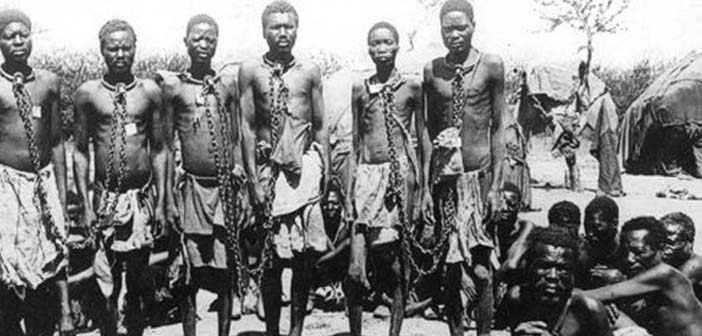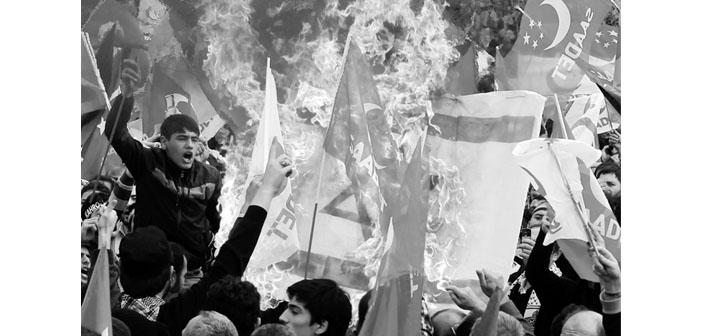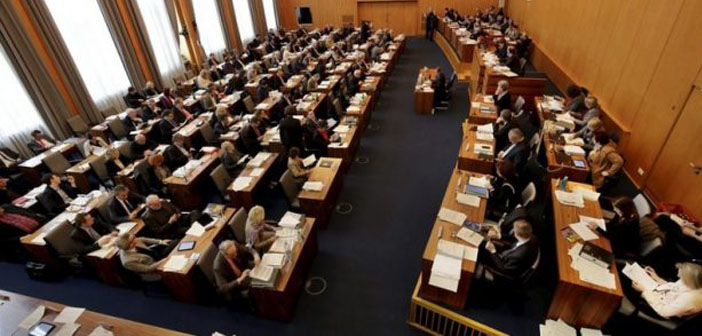German government recognized the massacre of the Herero and Nama people of Namibia by German troops between 1904 and 1908 as genocide.
According to
Deutsche Welle, the massacre of the
Herero and Nama people of Namibia is referred as genocide in an
official document of the government for the first time. Left-wing
politician Niema Movassat's request was published in "Frankfurter
Rundschau".
In a response to the request, German government acknowledged that the massacre in Namibia, in which more than 100.000 people were killed, was genocide.
Niema Movassat also demanded information about the unofficial meetings between the representatives of Germany and Namibia. Germany's special envoy for the dialogue between Germany and Namibia Ruprecht Polenz defined the purpose of the meetings as “increasing the cooperation with a common understanding of the past.”
Relation to the Armenian Genocide resolution
Bundestag passed the resolution recognizing the Armenian Genocide on June.
In the statement concerning Herero massacres, Bundestag stated that “the term genocide can be defined without a legal meaning in an open discussion concerning history and politics.” It is emphasized that using the term genocide won't lead to legal consequences for Germany.
No compensation
The government stated that, unlike Holocaust, there will be no compensation for this genocide. It is claimed that this demand of the representatives of Herero and Nama people has no legal ground.
Today's Namibia was a part of German South-West Africa between 1884 and 1915. In 1914, Herero people revolted and more than 100 German people died during this revolt. After that, General Lothar von Trohta ordered “the annihilation of Herero people”. Last year, President of the German Parliament Norbert Lammert defined the crimes committed in Namibia as genocide.





